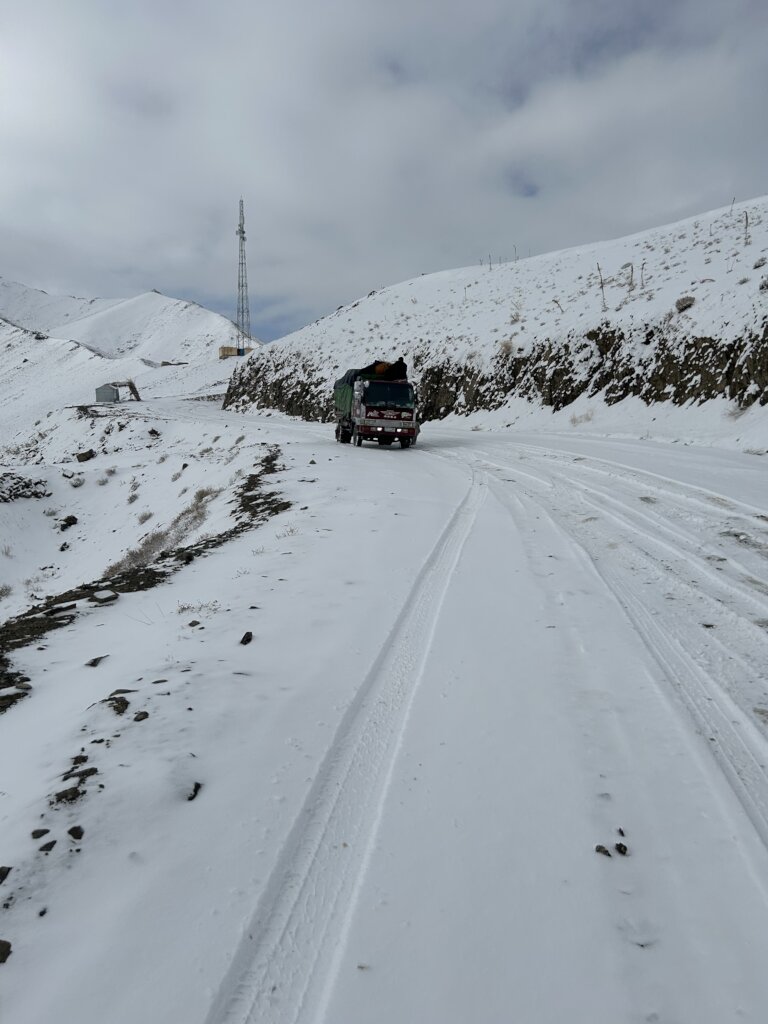
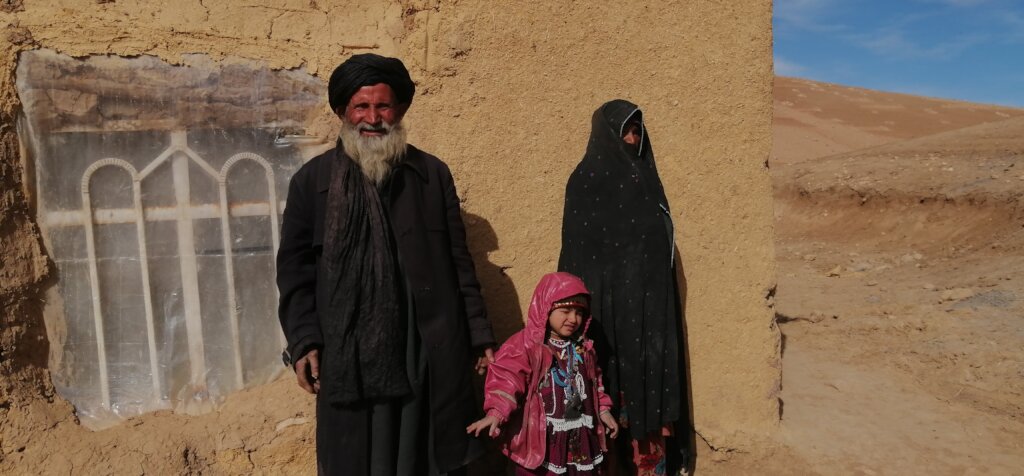
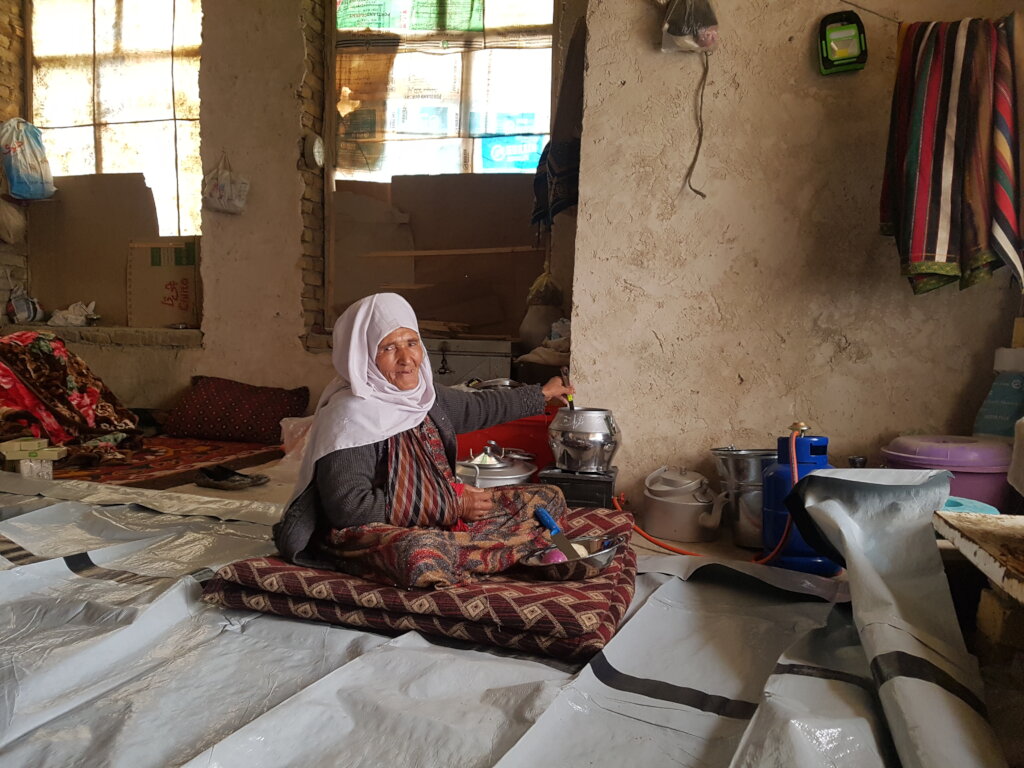
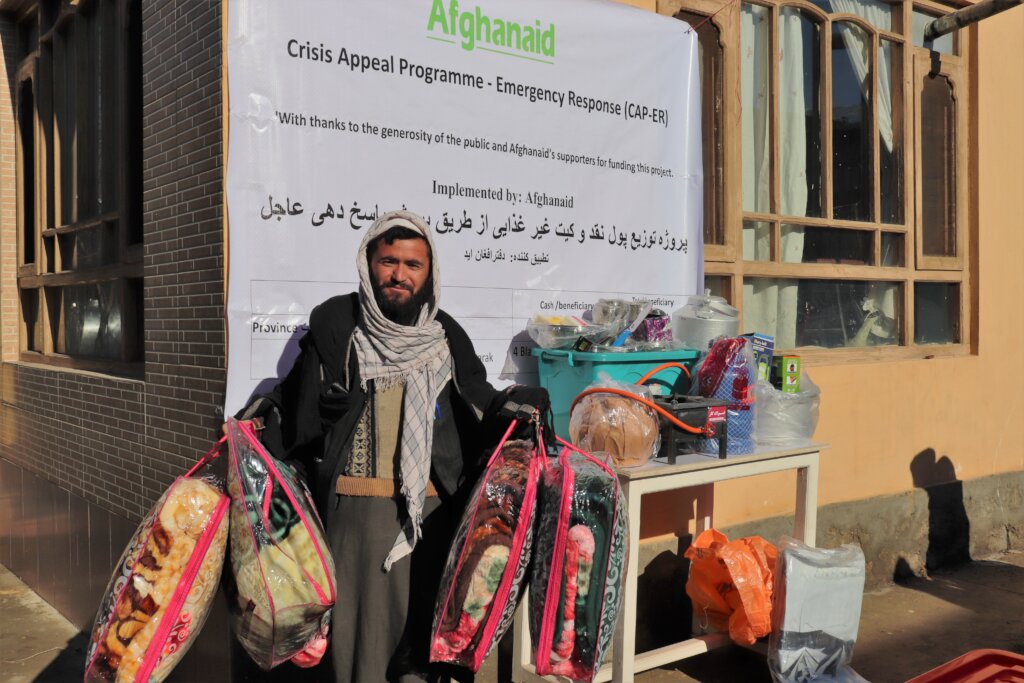
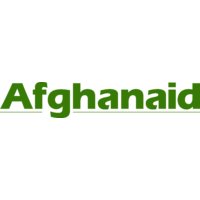
Afghanaid is a British humanitarian and development organisation established in 1983. For over 40 years, we have worked in Afghanistan with millions of deprived, excluded and vulnerable families in some of the poorest and most remote communities. Our mission is to provide rural Afghans with the training and tools they need to help themselves, their families and their communities. We support basic service provision, improve livelihoods, empower women, help communities protect against natural disasters, and respond to humanitarian crises. Afghanaid currently operates in eight provinces, and through our wide range of development and humanitarian programming we reached over 1.5 million Afghan... read more Afghanaid is a British humanitarian and development organisation established in 1983. For over 40 years, we have worked in Afghanistan with millions of deprived, excluded and vulnerable families in some of the poorest and most remote communities. Our mission is to provide rural Afghans with the training and tools they need to help themselves, their families and their communities. We support basic service provision, improve livelihoods, empower women, help communities protect against natural disasters, and respond to humanitarian crises. Afghanaid currently operates in eight provinces, and through our wide range of development and humanitarian programming we reached over 1.5 million Afghans in 2023. Afghanaid employs around 500 staff, 97% of whom are Afghans. We work in Badakhshan, Daykundi, Ghor, and Samangan provinces. Afghanaid primarily works in three programmatic areas: access to basic services; improved livelihoods; disaster risk reduction and emergency assistance. Our 'Access to Basic Services' pillar supports communities to improve their basic service provision and community infrastructure, helping them mobilise, design, and implement small-scale community development projects which bring clean water, roads, electricity and other infrastructure to remote areas. Our 'Improved Livelihoods' pillar supports Afghan men and women, in rural and urban communities, to strengthen their livelihoods, increase their incomes, and improve their access to new markets and value chains. Therefore, enabling households to lift themselves out of poverty. We also promote sustainable livelihoods, ensuring communities protect and manage their natural resources such as water and rangelands. Our 'Disaster Risk Reduction and Emergency Assistance' pillar supports communities to plan for, respond to, and mitigate the impact of natural disasters. When disasters do occur, including displacement or conflict, we provide emergency humanitarian assistance and help communities to rebuild, restore productive land and community infrastructure, and recover their livelihoods. All of our programming is underpinned by three key principles, which we believe are essential to sustainable development in Afghanistan: conflict mitigation and peacebuilding; gender and inclusion; and good governance. We believe in a peaceful and thriving Afghanistan. It is crucial that, after decades of war, Afghans have a voice in their peaceful development, making them active participants in shaping the future of their country. We work with both women and men to challenge traditional gender norms and improve gender equality. Our projects are disability inclusive and support marginalised groups. Finally, we continuously work to strengthen the relationship between citizens and local authorities, and promote meaningful engagement with political processes. Afghanaid is also the lead agency of the Afghanistan Resilience Consortium (ARC), which was established in 2014 as a partnership between Afghanaid, ActionAid, Concern Worldwide, and Save the Children. The ARC integrates natural resource management, disaster risk reduction, and livelihood strengthening with a community-led approach to create lasting resilience for Afghanistan's communities and ecosystems. The ARC's holistic programming recognizes that conflict and environmental degradation can exacerbate the impacts of natural hazards, and strives to support communities and improve ecosystem management in order to reduce the risk of disasters and build adaptive capacity to climate change.



Each of GlobalGiving’s nonprofit partners is required to send quarterly donor reports detailing the impact of their work. Here are some of their recent updates:
By Josephine Edmunds | Donor Engagement Coordinator
In 2024, the resilience of the people of Afghanistan continue to be tested. The climate crisis has dried up many sources of income, food and water, and the restrictions on women have left thousands of... Read the full report ›By Josephine Edmunds | Donor Engagement Coordinator
Hundreds of miles under the tempestuous waters of the Pacific ocean lies the Alpide belt, consisting of the Indian plate and the Eurasian plate. These tectonic plates are constantly shifting and... Read the full report ›By Josephine Edmunds | Donor Engagement Coordinator
Over the past two years, rising food and fuel prices, growing unemployment and increasing restrictions on women's freedoms have been continuing to pose huge challenges in the everyday lives of... Read the full report ›